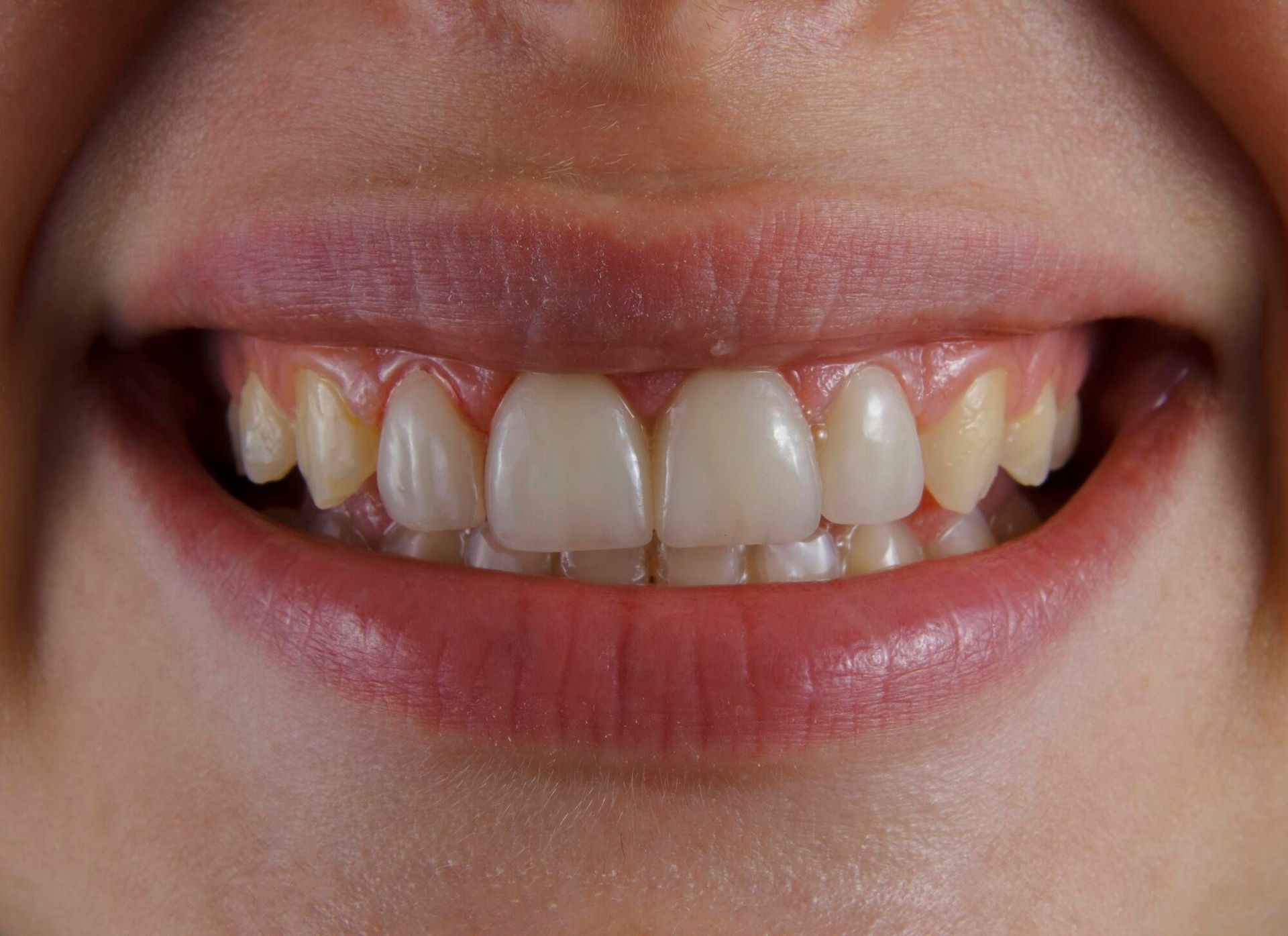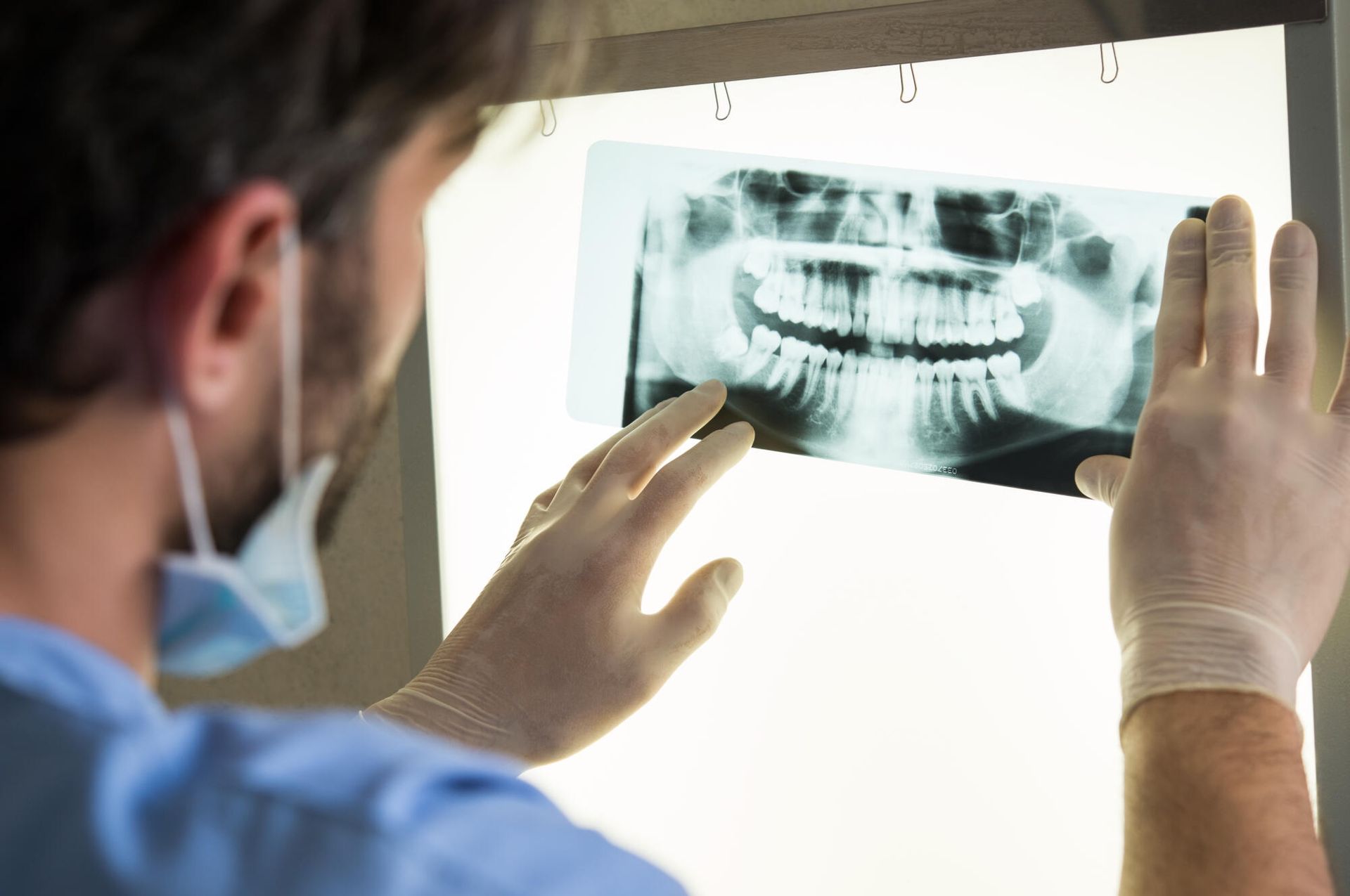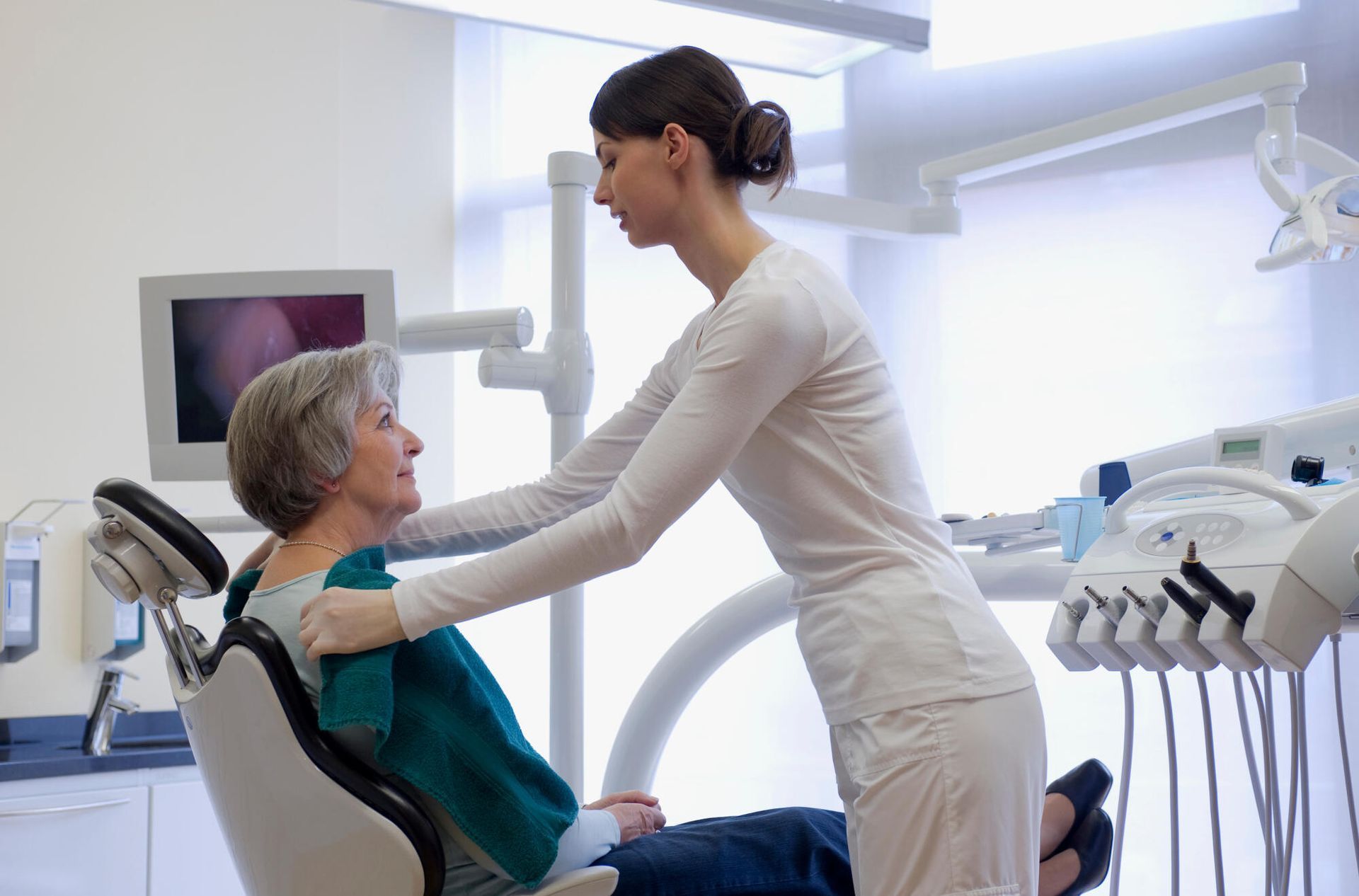What Are the Signs of a Root Canal Infection?
Rockaway Beach, NY Dentist: The Signs of a Root Canal Infection
Over 15 million root canals are performed yearly in the United States. Root canals are necessary to fix damage to the nerve of the tooth, which usually results from a chipped tooth or decay. It's a very effective and safe procedure with minimal pain.
However, sometimes complications like a root canal infection can occur. If you don't know the signs of this type of infection, you can end up delaying treatment. Learning the signs will help you understand when to get treatment at your Rockaway Beach, NY, dentist.
In this guide, you'll learn everything you need to know about the signs of a root canal infection.
What Is a Root Canal Infection?
To understand more about root canal infections, you need to know more about the structure of your teeth.
Your teeth are actually made up of layers. The outer surface is like a hard shell and is known as enamel. The inner layer or dentin is much like spongy tissue; at the center of each tooth, you'll find soft tissue known as pulp.
Tooth pulp contains blood vessels and nerves that fuel your teeth to grow normally and stay healthy.
Root canals are necessary if you have a large chip, crack, or cavity affecting your tooth's nerve. The damaged and infected pulp is removed when you have a root canal.
Complications like infections are rare, but like any procedure, complications can occur.
Root Canal Infection Complications
Root canal infections won't go away on their own and require treatment from your dentist.
This infection can spread to other areas of your mouth, like gums, other teeth, and tissues in your cheek area. Eventually, it can even spread to the bloodstream if left untreated.
The sooner you get treatment for a root canal infection, the better. If you get treatment within hours or a few days after the infection starts, your dentist will be able to minimize the spread of the infection to the original area.
Root Canal Infection Causes
There are various reasons root canal infections can occur. Sometimes the shape of your root canals can play a part. This is because some people's teeth have curved or narrow canals that aren't completely cleaned during a root canal.
Your tooth may also have areas of bacteria left over from the root canal that causes reinfection.
Sometimes, delaying the placement of the crown can allow harmful bacteria to access your tooth. Even new cavities after treatment can cause a root canal infection.
Root Canal Infection Symptoms
Some mild pain and tenderness are normal after root canal treatment. This can last from a few days to a week after the procedure.
However, this pain should resolve on its own with the natural healing process. You shouldn't have pain that becomes intense and continues for over a week after your root canal procedure.
Root canal symptoms that indicate you should see your dentist immediately include:
Ongoing Root Canal Pain and Pressure
This pain can range from tenderness to severe, intolerable pain. You'll typically notice this pain more when there is pressure on your tooth, like due to eating.
You may also notice pain when you expose your teeth to hot or cold temperatures. The pain can be intermittent or happen continuously. Some people will experience a pulsing toothache sensation.
The area around the root canal will feel tender even with just brushing your teeth.
Pus or Discharge
Seeing yellow or green pus is a sign of a serious dental infection. You may also notice an ongoing reddish-brown discharge from the tooth area.
Red or Swollen Tissue
Redness, swelling, and warmth in the root canal area are signs of infection. You'll notice your gums appear red and swollen. You may also find the area feels warm.
This swelling can extend to the face and neck in more severe cases.
Bad Taste in Your Mouth and Bad Breath
Having a root canal infection will increase the bacteria in your mouth. The bacteria give off an odor and cause a bitter taste in your mouth. Bacteria and pus can cause this issue to become much worse.
You'll notice that these issues persist despite brushing and flossing.
Tooth Darkening
When the inner layer of your tooth becomes infected, it will start to turn brown or yellow. Once this infection reaches the pulp, your tooth will turn dark brown or black.
Tooth darkening indicates that you have an infection in the nerve that needs immediate treatment. If this infection spreads, the nerve will become weak and die.
If you're feeling pain and tenderness, look at your tooth to see if you notice any color changes.
Dental Abscess
Dental abscesses result from bacteria and infected pulp material, creating deep pus pockets around the tooth root.
Eventually, you'll see an enlarged swollen area, like a pimple or bump on the gum. Over time, liquid can start to seep out of the abscess.
Root Canal Infection Treatment
Treatment for a root canal infection is similar to the original procedure. During retreatment, your dentist will check for infected tissues around the root canal area. They may also take an X-ray to assess the damage.
Once complete, your dentist will numb the tooth with local anesthesia.
Your dentist will then place a protective barrier around your tooth to protect the gums. They'll need to drill through the enamel to access the pulp to clean out dead and infected material. With retreatment, your dentist must also remove the old root filler material.
Once the area is dry, your dentist will fill it with a material known as gutta-percha, which is a safe material used to fill teeth after a root canal.
Usually, you'll need a permanent crown to protect your tooth from further infections.
Root Canal Infection Prevention
There are steps you can take to help prevent root canal infections. The best thing you can do is brush and floss at least twice daily.
Using an antiseptic mouthwash for the first few days after a root canal will help kill bacteria. You can also continue to use mouthwash as a part of your dental hygiene routine.
Be sure to keep your follow-up dental appointment for a permanent crown and other checkups.
Finally, it's essential to find a dentist in your area that you're comfortable with. Preventative dental care allows your dentist to catch small issues early on.
This way, you can get dental cleanings every six months to help keep your gums and teeth cleaner and healthier overall.
Get Treatment for Your Root Canal Infection
Knowing more about the signs of a root canal infection will allow you to get the treatment you need sooner.
If you're looking for a Rockaway Beach, NY, dentist, you don't have to look further than Arverne Dental. We offer a variety of comprehensive dental services like general dentistry, cleanings, and periodontal (gum) treatment.
We also provide restorative dentistry like root canals, crowns, dentures, bridges, and more. You can even count on us for your cosmetic and emergency dentistry needs.
Our professional team works together to ensure you have a comfortable experience. Make sure to contact us today to schedule an appointment!
Dr. Lyuba Taft
General Dentist
Dr. Baruch Tetri
Periodontist
Dr. Mike Lee
Endodontist


















